28 October 2015, The Aloft Bangkok Sukhumvit 11 Hotel, Bangkok, Thailand
Presented by HDFF and The Asia Foundation
PTT Presentation
Energy Security and Current Situations: ASEAN 2015 and the Future of Energy Security in the Region
The purpose of this presentation was to explain ASEAN’s current energy security situation and to contrast it with Thailand and the work PTT is doing in the region. Dr. Santipat Arunthari began by explaining how ASEAN has experienced an enormous growth in population as well as in GDP, 300% from 2001 to 2013. He explained how even though the region has the potential for a variety of energy sources, in general there is a deficit in the region since it consumes more energy than it produces. For example, Thailand has a high potential for natural gas but has a small reserve of it. Overall, as the demand for energy has increased in ASEAN along with its dependence on fossil fuels.
In response to this energy challenge in Thailand, PTT has developed a plan that seeks to address the issue. This plan is based on the idea of providing clients energy at an adequate, extensive, fair, and sustainable rate. Dr. Santipat argues that PTT has focused on the exploration and development of new methods to maintain a long-term supply to meet the country’s energy demand, by developing gas transmission pipelines to servic more stations, using a market-based pricing strategy, as well as building domestic and international networks to ensure a long-term supply of energy.
Furthermore, he suggests that thanks to the work PTT is doing in Thailand, although 20% of ASEAN’s population may lack electricity, in Thailand this only represents 1% of the population.
Comment: We need to address the grid system. Experimenting with renewable sources will do nothing in the long run unless there is a change to the grid system. We need a battery that can store solar energy.
Question: how far are you involved with coal? and what is PTT’s stance in regards to renewable energy?
Question: Is there a problem with updating the grid in order to increase the effectiveness of the transfer of energy from the surf station to user?
Answer: In 3 to 4 years the grid is supposed to be updated for better connection.
Question: What is the PTT vision of renewable/alternative energy?
A: There is no clear vision, but the company is keen on working on renewable projects. For the last 2-3 years it has not been the focus of the company but in the next 5 years renewable energy will be more important for the company because it needs to adapt to the changing world.
Thitisak Boonpramote, Ph. D.
Energy Security and Sustainability in ASEAN
Dr. Thitisak begins by asking what is the importance of energy security? He answered that we rely heavily on fossil fuel and that it impacts our daily lives. He then explains that to speak of energy security along a supply chain we must take into consideration the time and products that allow energy to be delivered to a customer. A distinction is made between primary energy resources, such as crude oil, natural gas, uranium, etc. and end-energy carriers such as gasoline and electricity. Thus, a secure source of end-energy is for the benefits both the public and the private interest.
For him the energy security challenge rests at three levels: the primary energy resources, the carriers, and the effectiveness of the delivery of end-energy. This security challenge must be balanced between the four poles: availability, accessibility, affordability, and acceptability, in order to find a situation that is most appropriate for a given country. He also hinted at some of the insecurities of ASEAN, mainly that 96% of its energy comes from fossil fuel and that 8/10 member countries are net oil importers. Thus, he suggested that given all these challenges, perhaps the cost accrued to society in terms of switching to a more renewable source of energy may not be so easy, since consumers might prefer to continue to use fossil fuels given that they are more reliable and cheaper as they utilize a more advanced method of production.
Q: Demand Side Management. Energy efficiency is good, but is this what everybody wants?
A: Demand side is hard to control.
Q: What percentage of energy is used for transportation vs. household use?
A: Most refinery oil is used for transportation.
Comment: if you can change the transport system you can decrease the energy waste.
Q: What is energy security in terms of the national plan?
A: Politics are not stable. Many times the people that are in a position to make a decision do not understand the complexity of the problem, while the people that understand the problem, many times cannot make a decision. Furthermore, the national plan has already established that it will use more renewable energy in the future.
Comment: There is something to be learned from China. It is the leader in nuclear energy. It has a 100% fail-safe power plant that is now operating under the credibility of the UK.
Dr. Nob Satyasai (Thai Energy Reform)
Future of Sustainable Energy: Balance of Benefits to All Sectors
As Thailand is the 2nd largest consumer of energy among ASEAN nations, leaders must come together and enact movements to limit the amount of energy being consumed. Government leaders and company officials must figure out ways to match the worldwide trend of limiting coal usage and replacing it with non-fossil fuel energy. The topic presented by our third speaker opens up conversation to potential and feasible sources of energy. One specific type that was stressed by the speaker was biomass and its benefit to nations with high demands for energy consumption. Biomass is known for being highly sustainable, as it does not create emissions that harm the planet, and it is fast growing as it is economically feasible and provides food and energy for consumption. In addition to being classified as an energy crop, it enriches oil, prevents erosion, retains water, and creates food and animal feed. It serves as a multipurpose crop that is environmentally sustainable, which is why people are pushing for a wider usage of this plant.

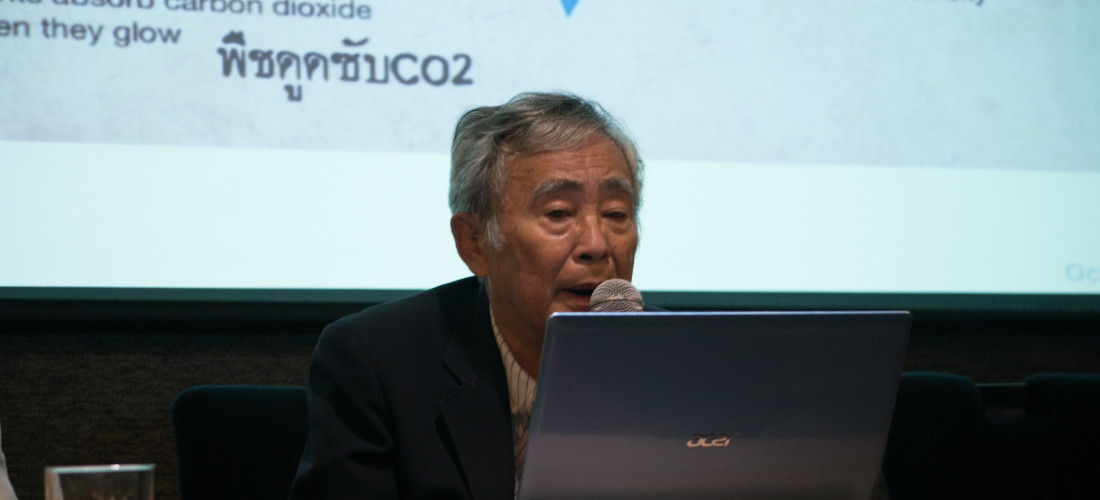
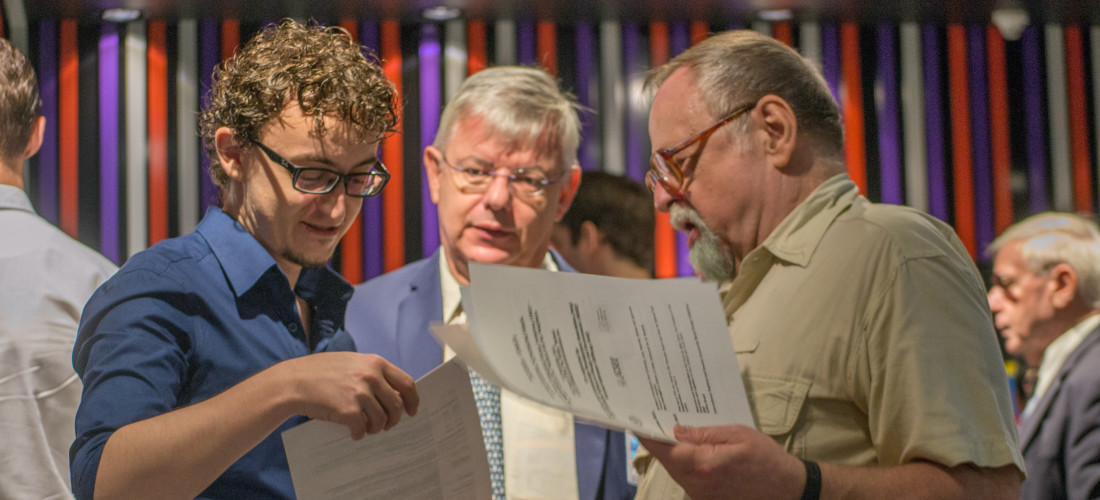
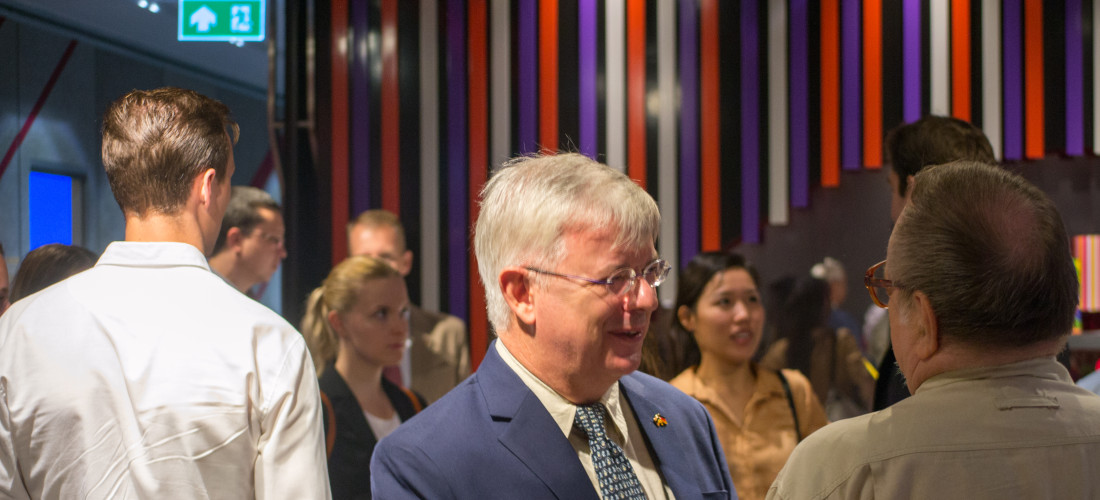
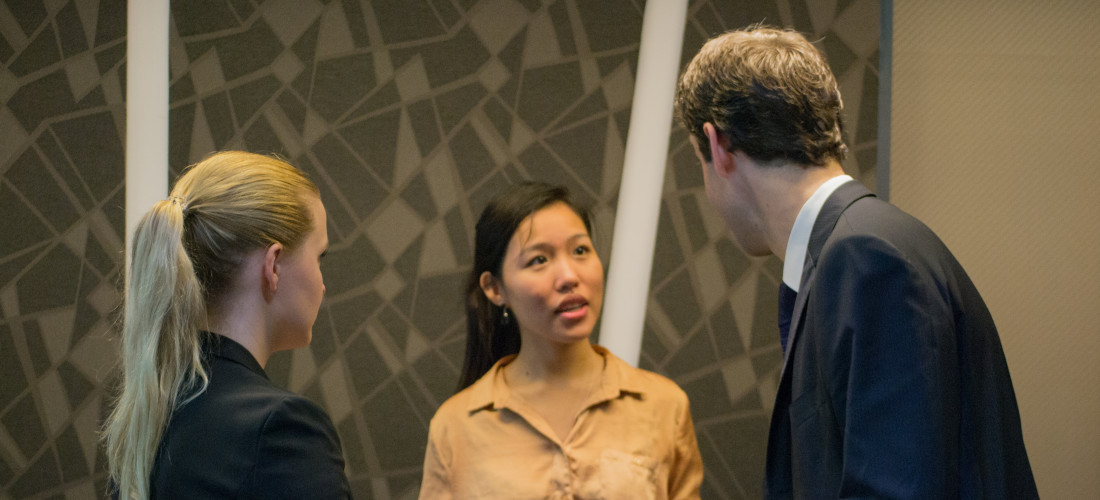
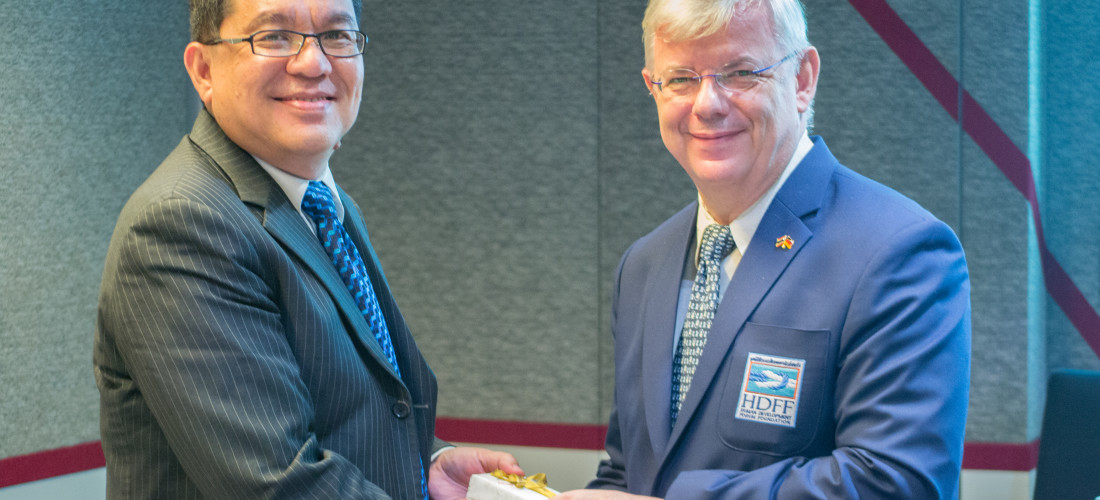
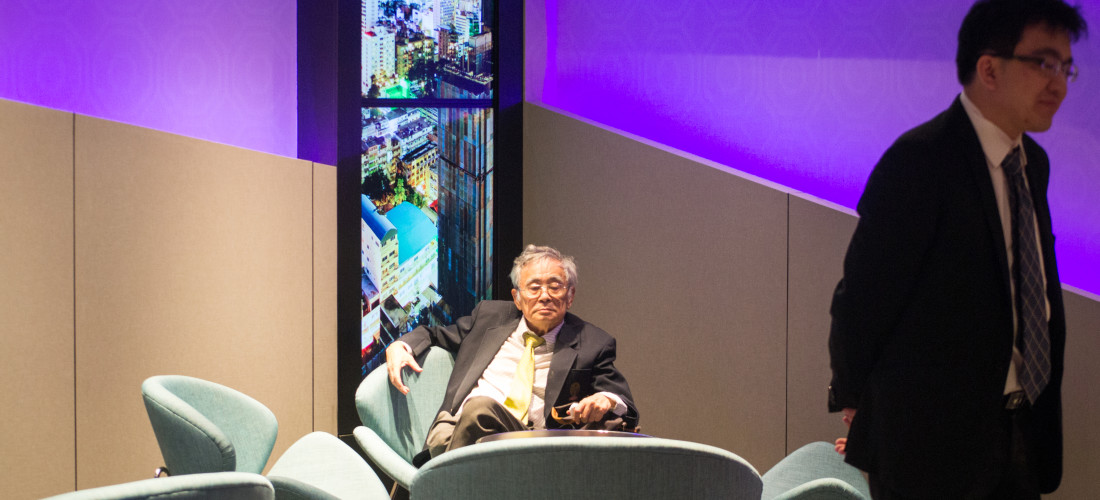
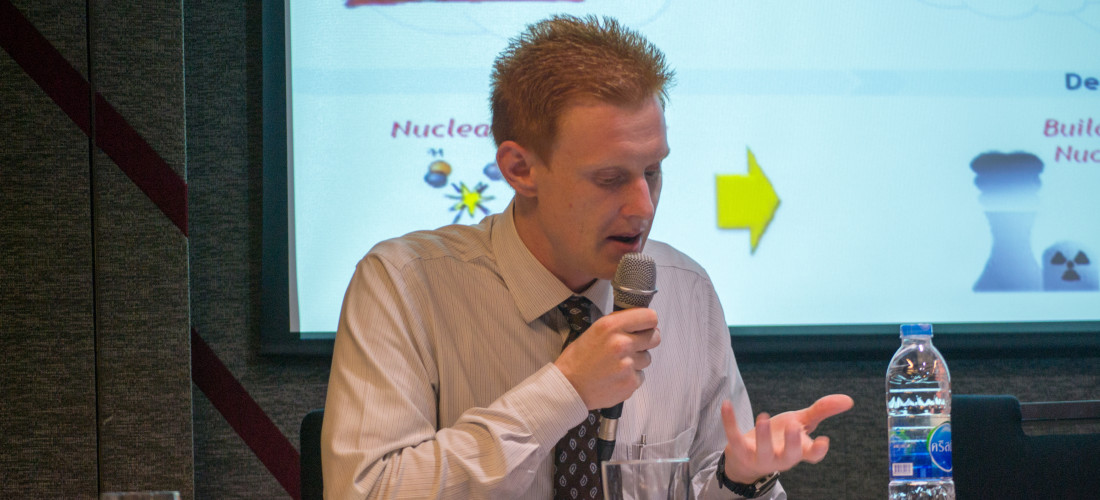
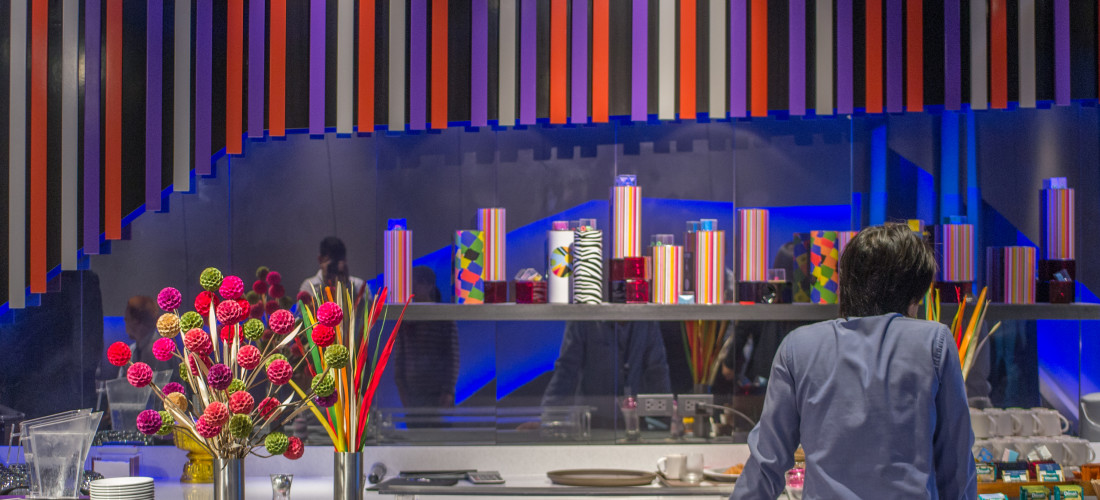
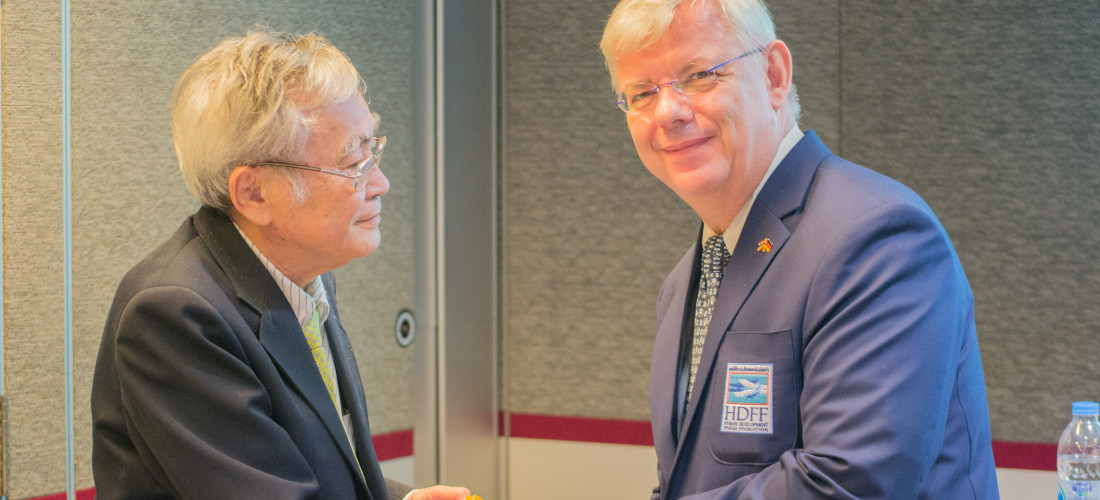
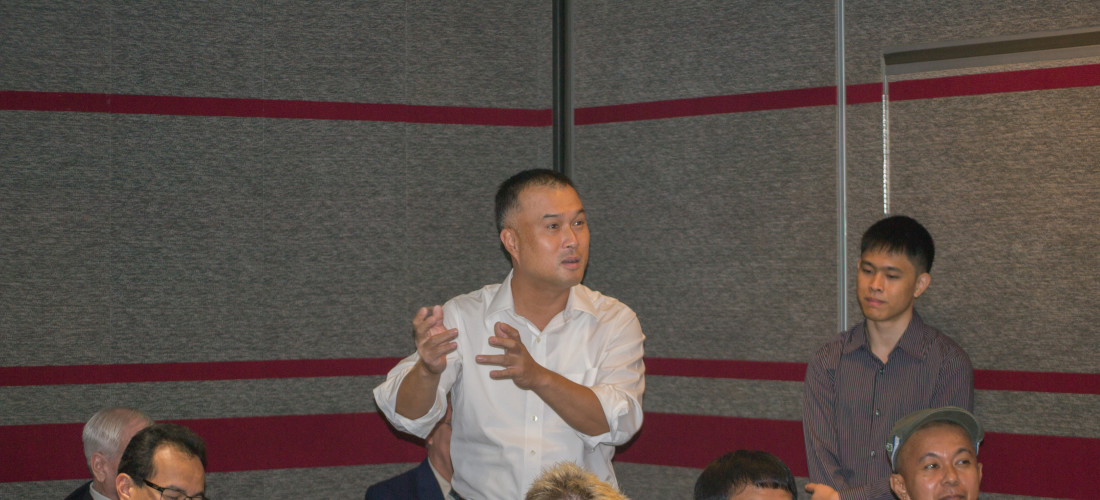
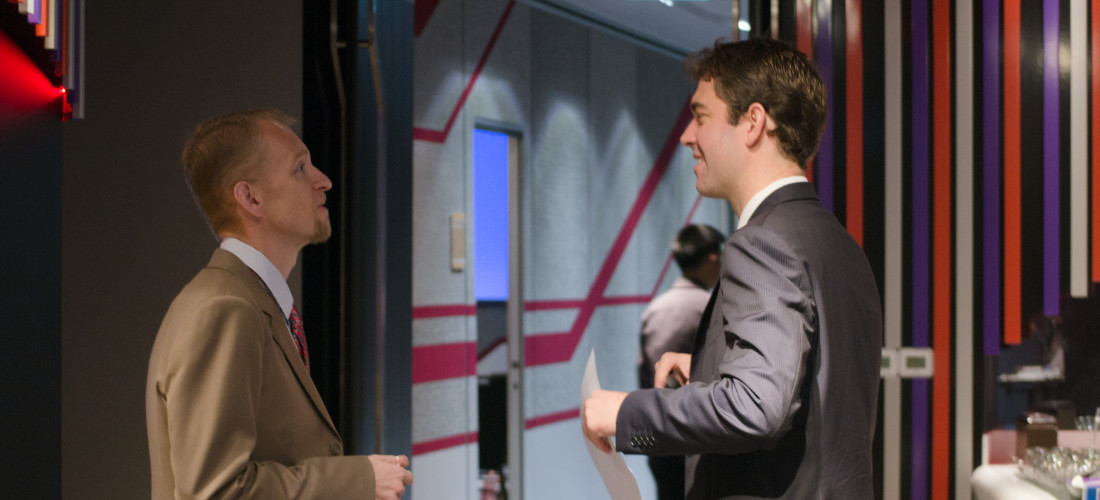
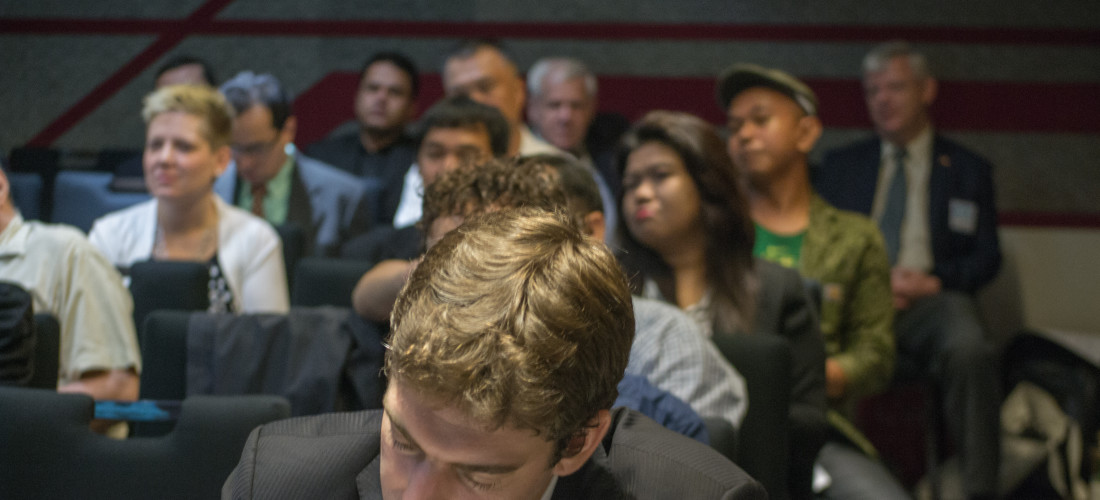
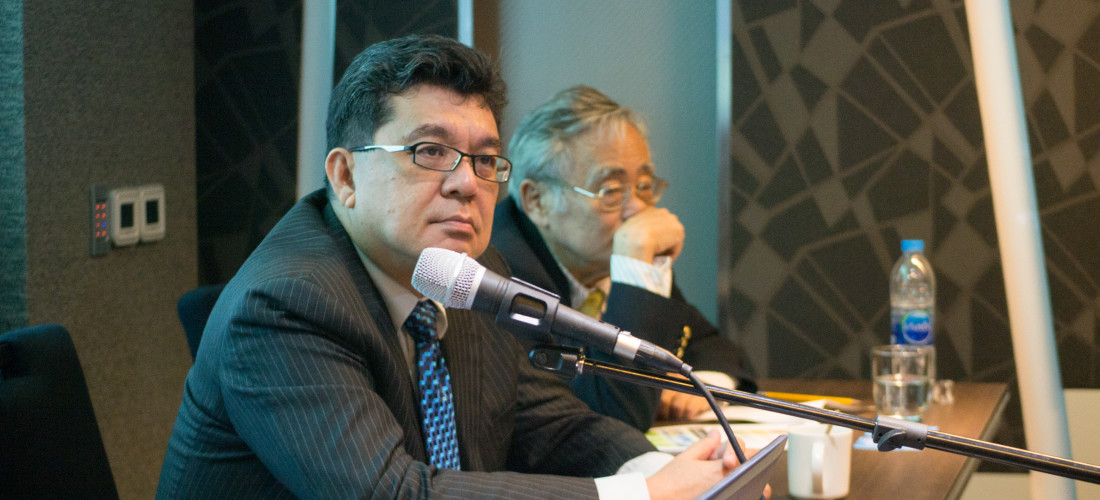
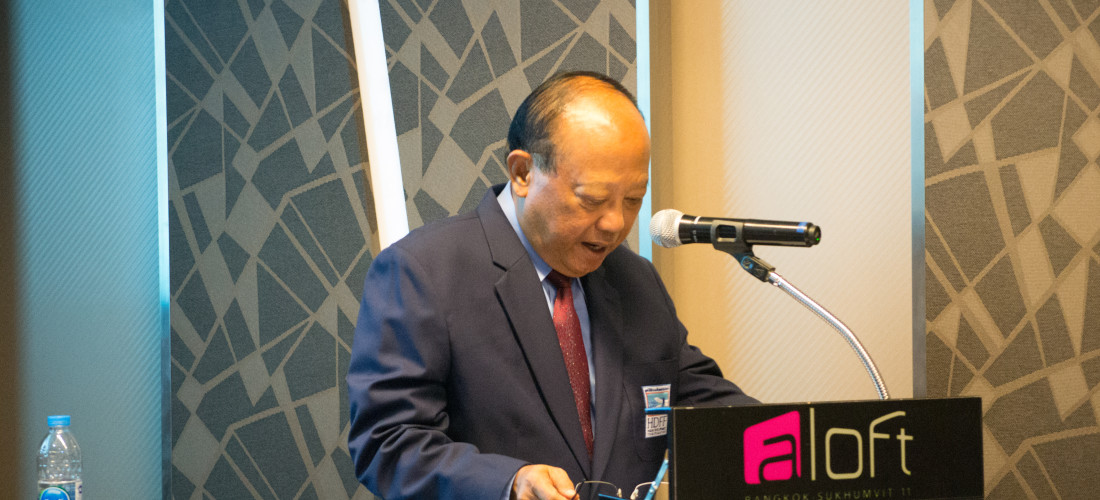
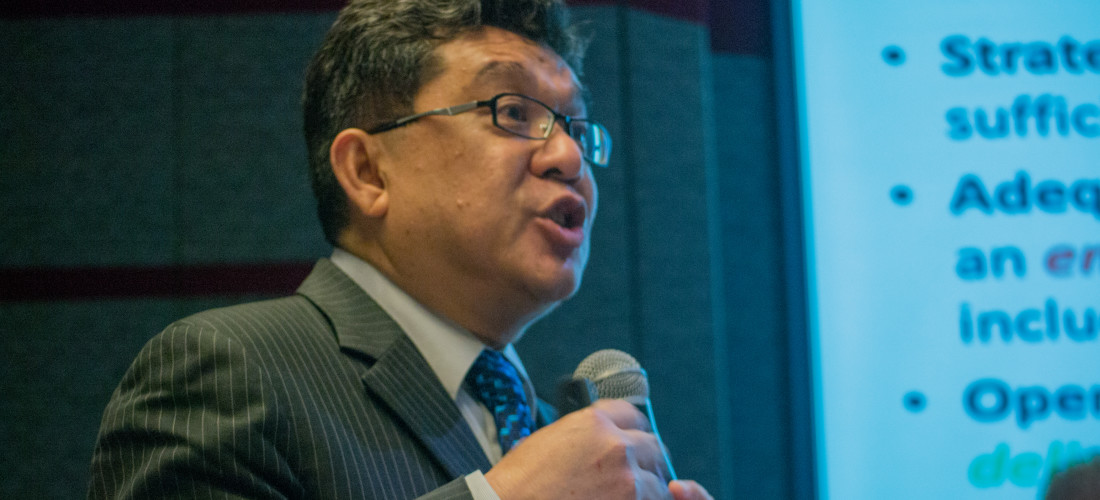
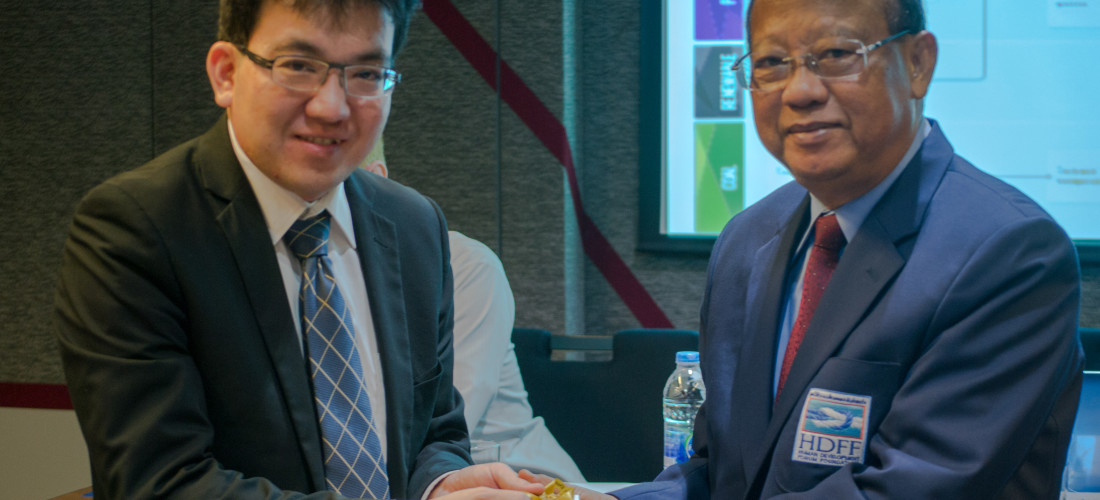
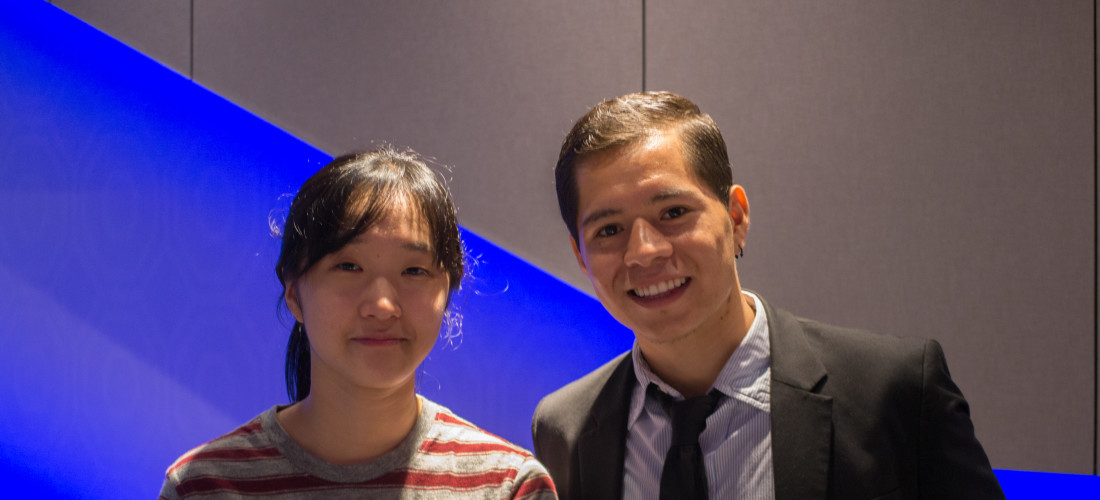
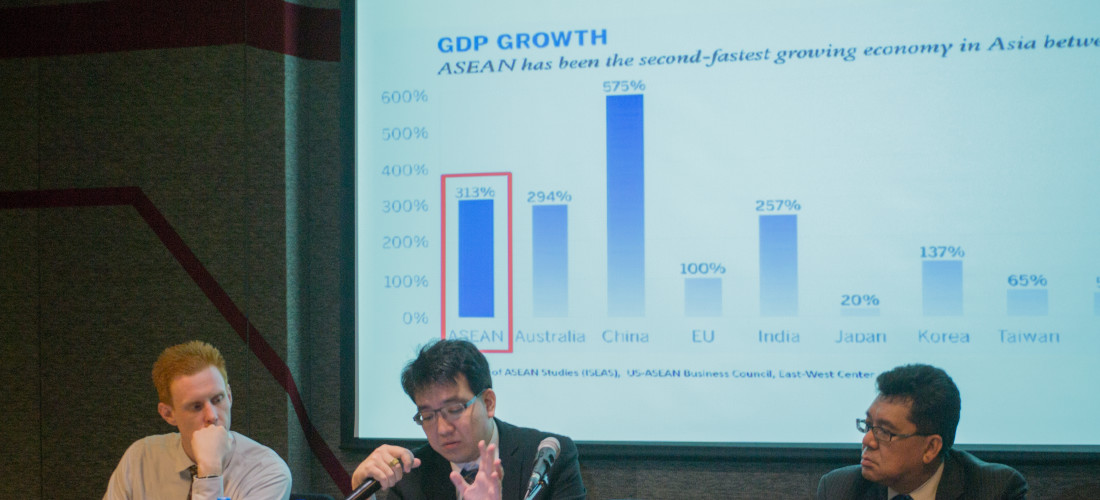
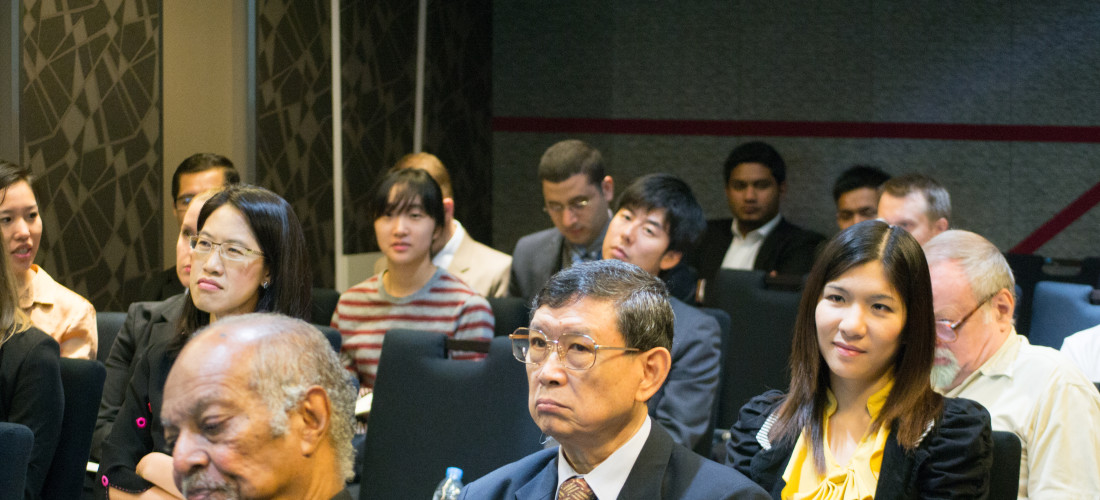
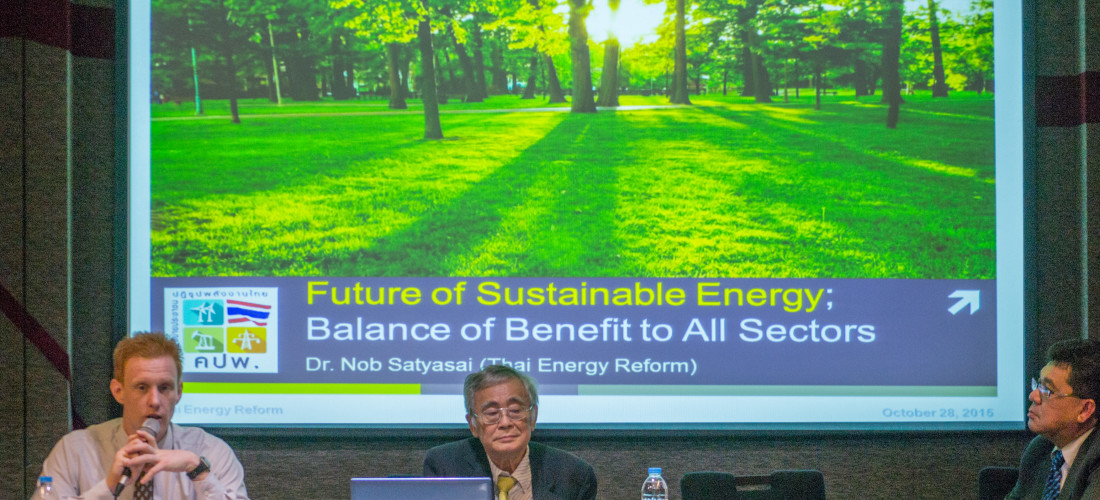
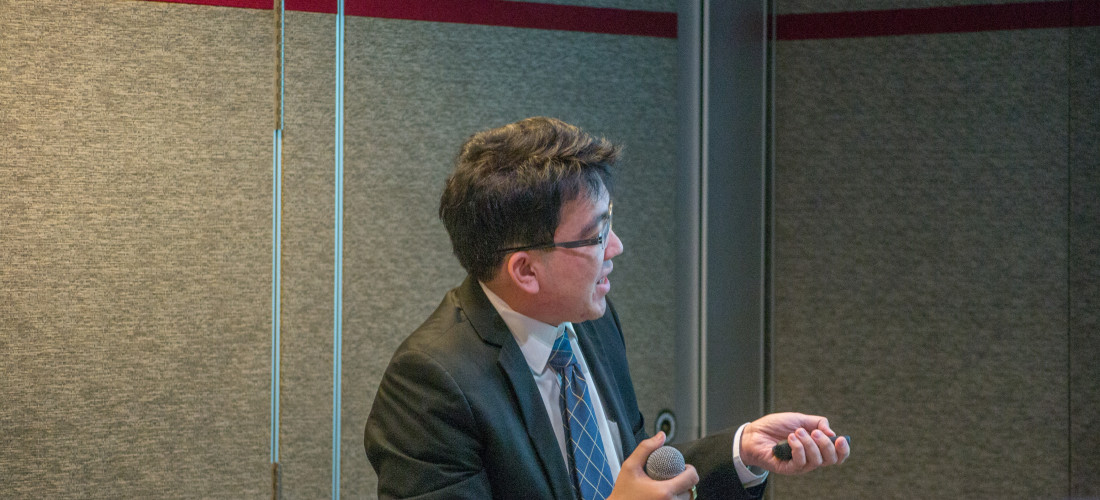
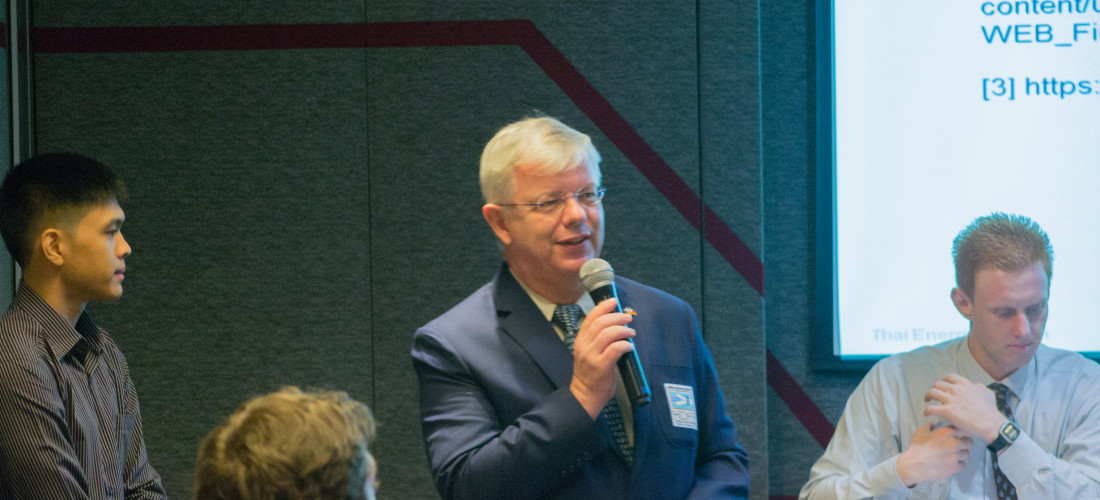

No responses yet